193 CD / Johannes Brahms: Complete Sonatas for piano and violin
Description
(...) with excellent recorded sound from Tacet (...), this CD is certainly a contender in the Brahms sonata sweepstakes. Recommended. (Audiophile Audition)
"(...) a true delight." (ensemble)
5 reviews for 193 CD / Johannes Brahms: Complete Sonatas for piano and violin
You must be logged in to post a review.


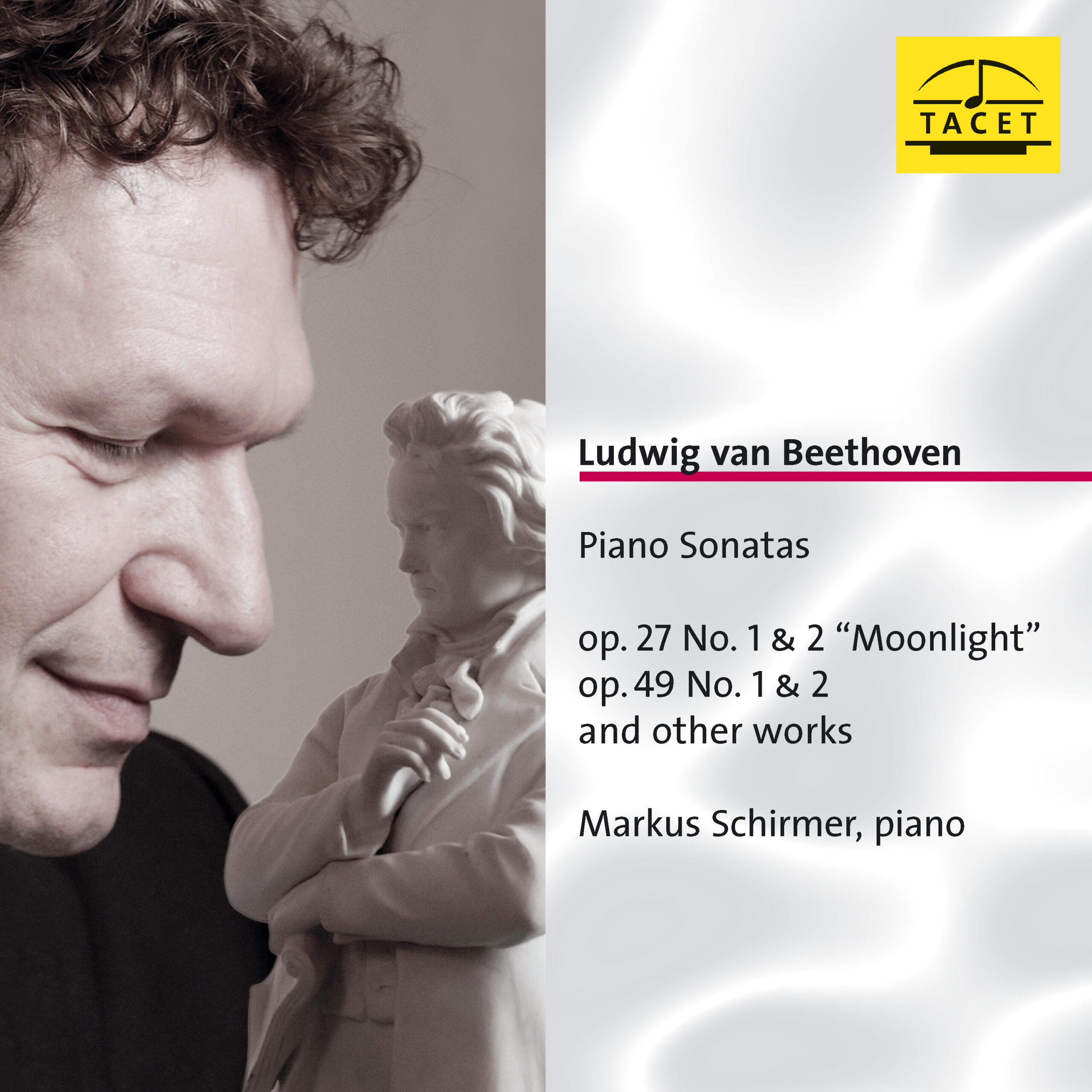
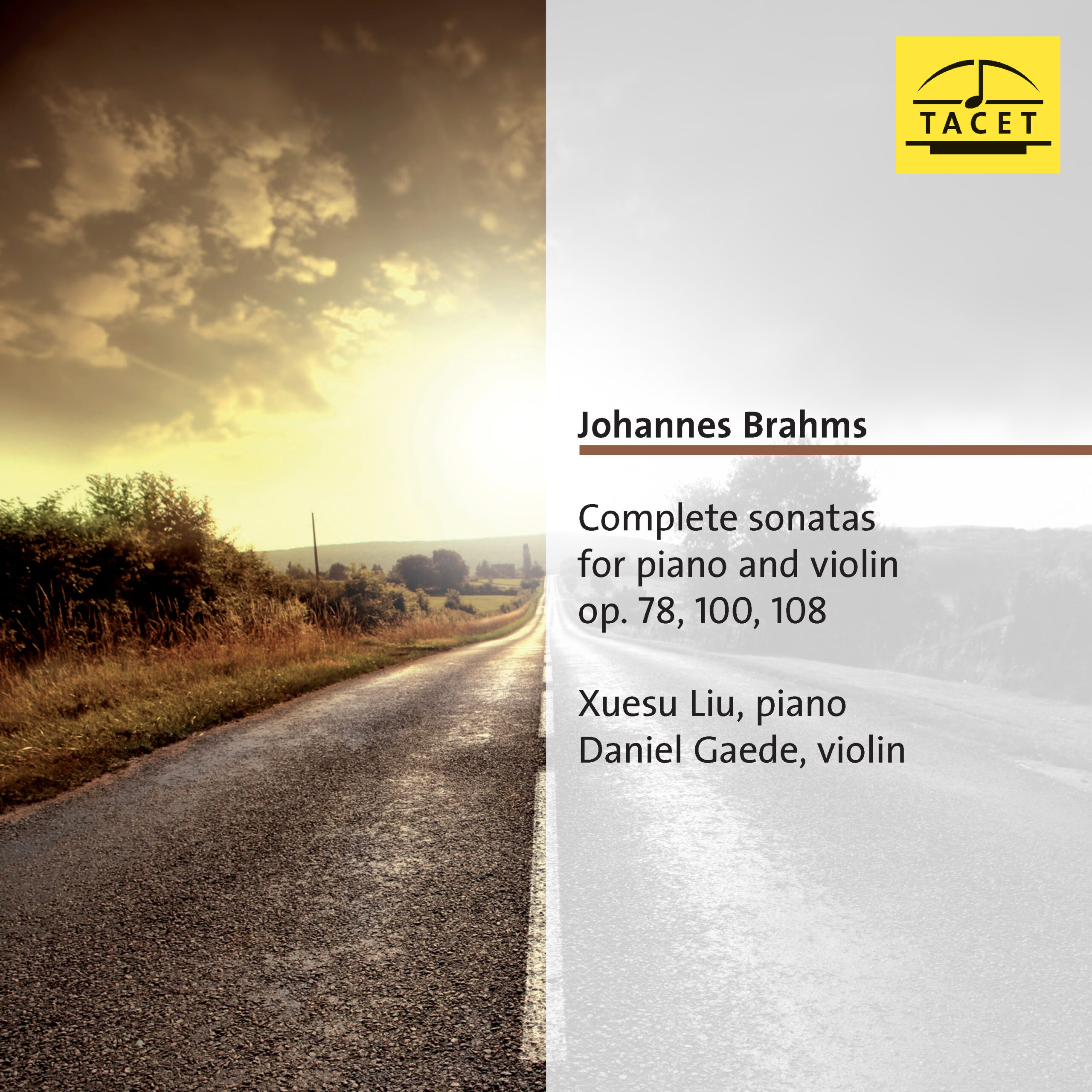
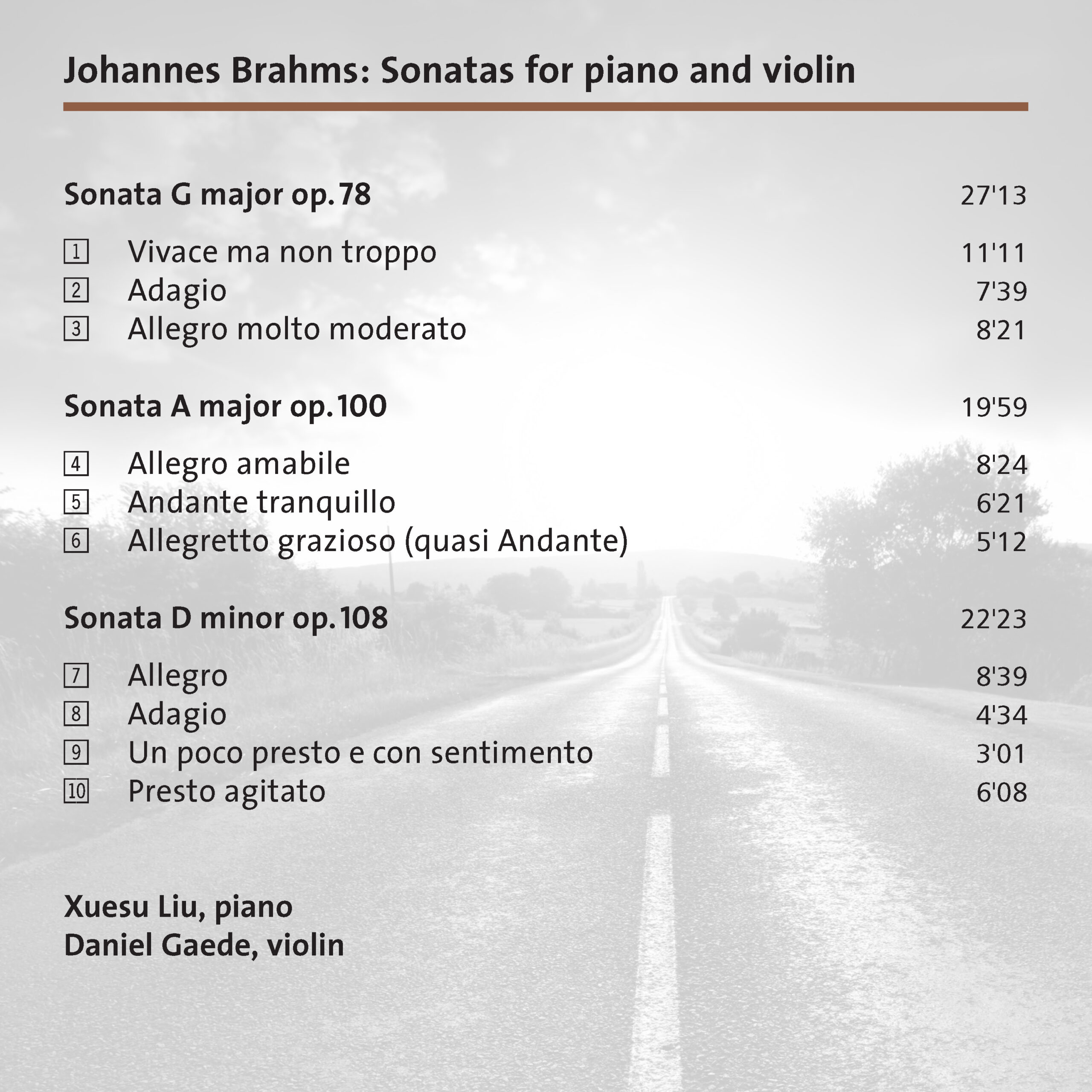


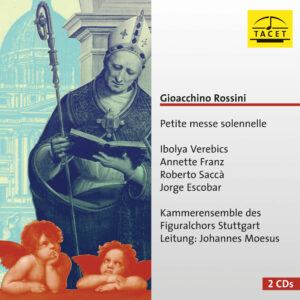
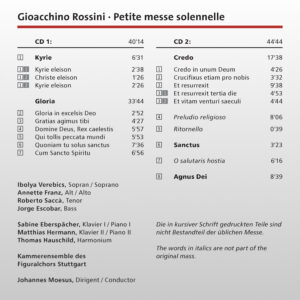


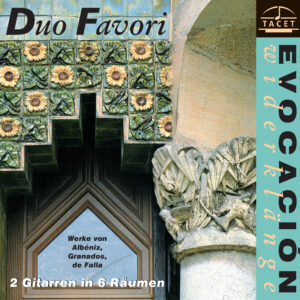




Klassik heute –
The (…) new recording of the Brahms sonatas impresses with (…) equally nuanced and cleverly thought-out playing that brings out the individual character of each work. (…) The excellent interplay between the two instruments is also superbly captured in the recording.
Sixtus König
Südkurier –
Schauernd kühlte jeder Tropfen / Tief bis an des Herzens Klopfen.‘ ['Every drop sent a shiver / Deep to the heart's beating.'] Did the theme of the rain song, based on a poem by Klaus Groth, which Brahms alludes to in the finale of his G-major Sonata, inspire the composer's approach to this piece, beneath whose friendly and carefree surface one can hear the pounding of a nervous heart? Brahms dedicated the Sonata Op. 78 to Clara Schumann's son Felix, who died of tuberculosis in 1879, an event that deeply affected Brahms: Felix was his godson. In Brahms' other two violin sonatas as well, the musical substance is not always immediately apparent but must be uncovered from the motivic thicket that Brahms weaves across the movements. Little is gained here by soloistic attitudes, and thus the quality of the new recording of the three sonatas with violinist Daniel Gaede and pianist Xuesu Liu lies primarily in the chamber music harmony with which they explore the emotional facets of this multilayered music—at the highest technical level and with an artistic sovereignty that always lets the music speak for itself.
fab
Ensemble 4/11 –
Johannes Brahms' three violin sonatas are not only among the best chamber music works of this extremely meticulous composer, but also rank among the most beautiful and profound pieces of their kind. This fact is reflected in the discography, with numerous very good to excellent recordings available. Therefore, it is no easy task for performers to add something comparable to the many fine predecessors. Chinese pianist Xuesu Liu and Hamburg-born violinist Daniel Gaede take on the challenge—and succeed brilliantly. The two performers approach 'their' Brahms with great reverence, focusing less on the robust, musically engaging side and more on the intimate, tonally beautiful aspect. Their playing never becomes tentative, dreamy, or even bland and indistinct; instead, it achieves a perfect balance between precise adherence to the notes and emotional expression of the works. In this interpretation, Brahms appears very transparent and bright, with the structures explored with the utmost care, exquisite tonal sense, and great attention to detail, yet never denying the romantically expansive and veiled Brahms. The fact that this balancing act is so successful makes this recording exciting—and almost a reference recording. Perhaps as a listener, one might wish for a slightly 'wilder' Brahms in some places, but the result, also thanks to the excellent CD sound, is a true delight.
B. Schäfer
Mittelbayrische Zeitung –
(…) Gaede and Liu work with remarkable precision to bring out both the reflectiveness and the dramaturgy of Brahms. Daniel Gaede continually creates new timbres; his tone is noble, his vibrato is modulable and sweet. Here, the listener can sense why this Daniel Gaede was once the concertmaster of Europe's largest orchestra, the Vienna Philharmonic. Not only is the beautiful sound striking (Gaede's violin was built by Stefan Peter Breiner), but also Gaede's impeccable intonation, which even surpasses that of Renaud Capuçon. With Daniel Gaede, every note sounds exactly as he intends. The spirit of the music, as Beethoven once put it, dominates: The slow movement of the Third Sonata is a poem. Xuesu Liu shines congenially, colorfully, and very expressively on the piano. In short: This Brahms Sonatas CD is convincing across the board. The accompanying booklet fits well with this, providing a detailed description of the background behind the creation of the three violin sonatas.
Audiophile Audition –
–> zur Original-Rezension
(...) One of the best things about this recording from Daniel Gaede and Xuesu Liu is the success with which the musicians capture the points of comparison and even greater contrast among the works. It’s obvious these are performances crafted quite individually to reflect the character of each work. So whether heard together or singly, the sonatas make a very satisfying listening experience here. Hamburg-born Gaede has a big and vibrant tone that makes his performance of the Third Sonata especially commanding. Xuesu Liu, who studied both in her native China and in Berlin, has an equally strong presence and shapes the accompaniments with a fine appreciation of her role, whether in support of the violin or in declamatory passages where the piano takes center stage. My only criticism is that I’ve heard both more presto and more agitato treatments of Brahms’s passionate Presto agitato finale of the Third Sonata, and they’ve frankly pleased me more. But with excellent recorded sound from Tacet (present enough to catch many of the violinist’s intakes of breath), this CD is certainly a contender in the Brahms sonata sweepstakes. Recommended.
Lee Passarella